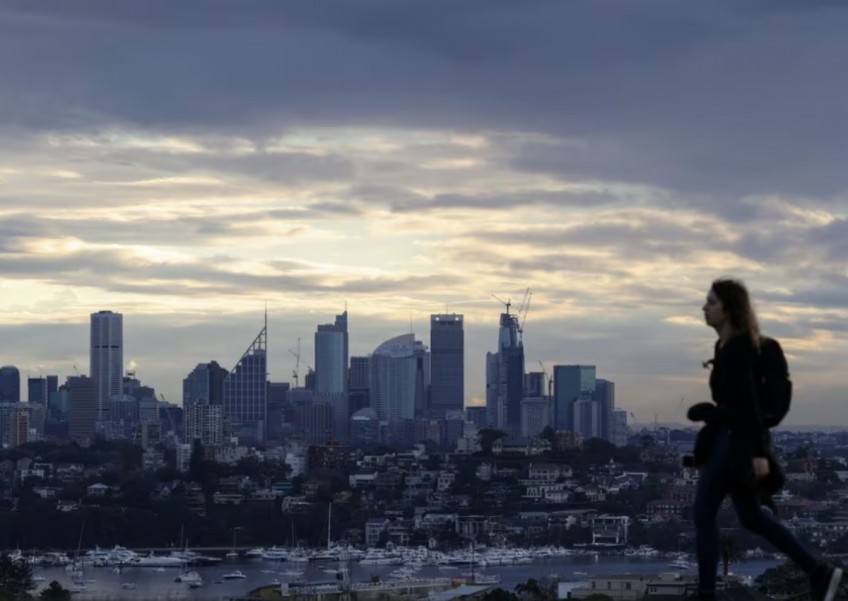Sydney school, supermarket tainted with asbestos as crisis widens


AsiaOne has launched EarthOne, a new section dedicated to environmental issues — because we love the planet and we believe science. Find articles like this there.
SYDNEY — Seven more public sites in Sydney, including a school, sports hub and supermarket, were exposed to asbestos, authorities said on Monday (Feb 19), as the contamination of the toxic material widened and officials rushed to remove it from public spaces.
Traces of bonded asbestos in mulch have been found in 41 spots scattered across Australia's most populous city since early January when it was found in a playground.
In response, the New South Wales state government has set up an asbestos task force to give more resources and support to the Environment Protection Authority (EPA), in one of the agency's largest probes in decades.
Authorities have so far cordoned off areas in parks, some in popular tourist spots, and closed two schools. Contaminated spots in other sites have been blocked from the public.
Just under 700 tests returned negative results as of Sunday, the EPA said in its latest update, while results from three schools have not yet been received.
A concert by pop superstar Taylor Swift, set to take place this weekend in the city's west, would go ahead after tests at the venue. The Sydney Gay and Lesbian Mardi Gras Fair Day event scheduled for Feb 18, which usually draws hundreds of thousands of revellers, was cancelled.
Except for one location, the type of asbestos discovered so far is bonded asbestos, considered low risk to human health and the environment if not disturbed, but health officials have been conducting precautionary testing.
Asbestos became popular in the late 19th century as a way to reinforce cement and for fire-proofing, but research later found the inhalation of asbestos fibres could cause lung inflammation and cancer. It is now banned in much of the world.
[embed]https://www.youtube.com/watch?v=Wc-rt80hROQ[/embed]
ALSO READ: Australia records its 8th warmest year as climate change lifts temperatures